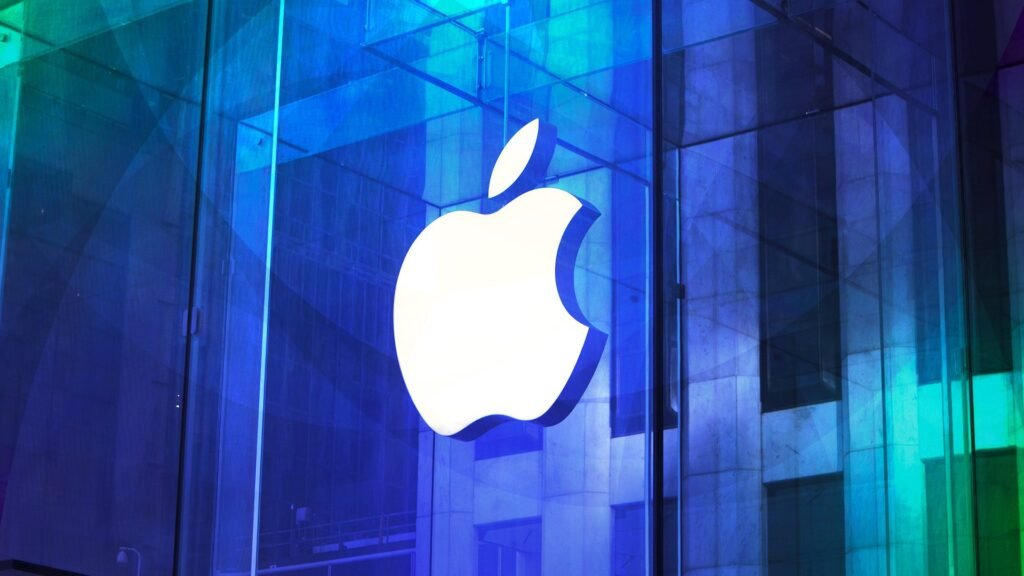Apple cancels iPhone orders due to war crisis

The American computer company Apple has apparently recently cut the planned quantities for the production of the new 2022 model of the iPhone SE due to the uncertain situation in the world. This is reported by sources in the company’s supply chain.
Such as the Japanese Economic Service Nike Asia reported that Apple has significantly reduced its orders from contract manufacturers for the iPhone SE (2022). Under current plans, the company plans to build about 20 percent fewer devices in the next quarter than originally planned. The background should be declining demand due to several factors.
Apple also cancels AirPods orders
According to Nikkei, there will now be about two to three million fewer iPhone SE models rolling off the assembly line of contract manufacturers in Asia. Apple would justify the reduction in the number of units to its suppliers on the basis that demand does not match the company’s forecasts. At the same time, plans for the production of Bluetooth headphones AirPods were changed.
Apple is said to be planning about 10 million fewer units by 2022, after nearly 77 million AirPods were produced last year. Observers assume that Apple is assuming lower demand and therefore expects a decline in unit numbers for 2022 as a whole. The group, therefore, wants to reduce stocks so as not to be stuck with the devices.
Apple customers need to save too
Also, the report from Japan states that Apple has also reduced parts and manufacturing orders for the various iPhone 13 series smartphones. However, unlike the iPhone SE (2022), this is due to the usual seasonal fluctuations. For contract manufacturers, the reduced quantities for the iPhone SE come as no surprise. Inflation and the ban on the sale of all Apple products in Russia as a result of the war in Ukraine would reduce the number of units.
Apple is the third-largest smartphone supplier in Russia to date in terms of the number of units and will have a market share of around 16 percent by 2021, according to market observers. Due to the war and high inflation, customers in Europe would also have other priorities. Instead of spending their money on new smartphones from Apple and other carriers, customers in this country end up having to cover significantly higher costs for energy, groceries, and various other consumer goods.
Research Snipers is currently covering all technology news including Google, Apple, Android, Xiaomi, Huawei, Samsung News, and More. Research Snipers has decade of experience in breaking technology news, covering latest trends in tech news, and recent developments.










